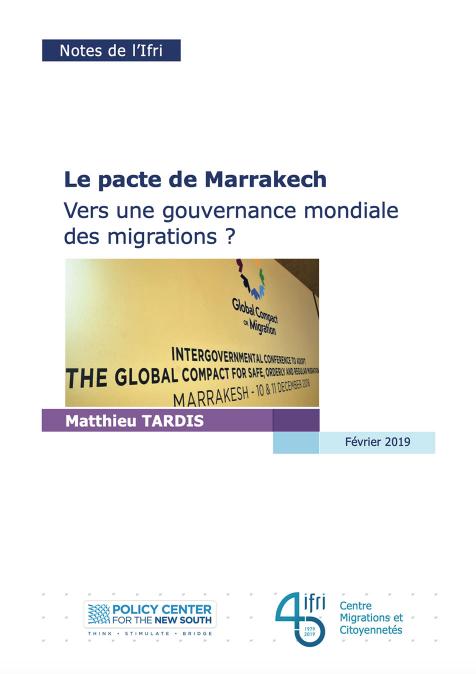Podcasts
The Responsibility to Protect: To Act or Not to Act?
24
June
2022
Related topics:
At the 2005 World Summit, the Responsibility to Protect (R2P) doctrine emerged as a formalized and multilateral way for states to protect populations under the threat of war crimes, crimes against humanity, or genocide. While it should be regarded as a preventative doctrine, it has been weaponized and usurped from its founding principles. In this regard, R2P's main faults lay in the implementation phase, and this podcast will discuss these dynamics and to what extent the R2P doctrine should be rethought.








